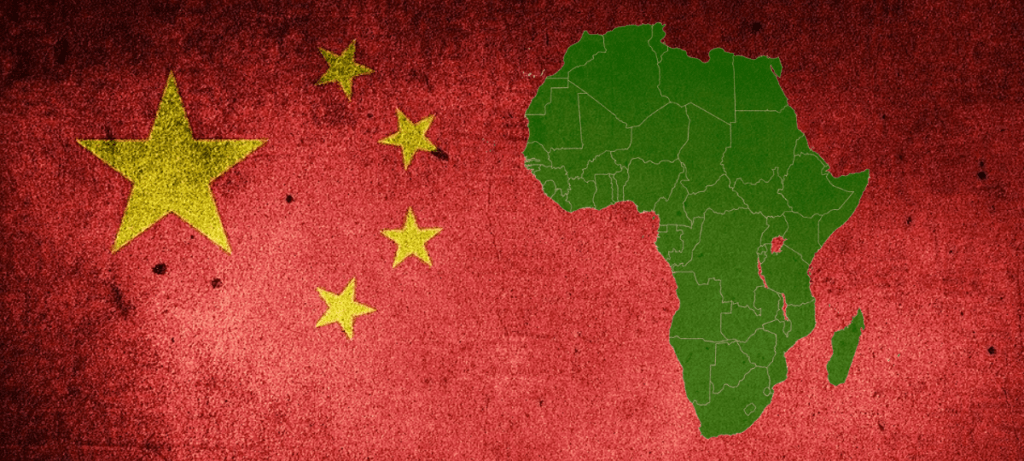A significant world issue seemingly overlooked amidst the chaos of the pandemic is ongoing activity involving China and Africa. It does not bode well for any part of the world save China—and that includes Africa. As the communist superstate continues on its path towards expansion economically, logistically, and militarily, Africa is firmly fixed in its sites as a viable target for future development, as well as exploitation.
Presently, the problems the continent that birthed civilization faces with China are generally limited to minor disputes. One such dispute is that of the Chinese illegal gold mining industry in Ghana, which is supposed to be heavily regulated domestically—both in who can do it (citizens), and by what means—so as to protect the environment.
Environmental concerns breeding regulation aside, the major matter is that all of these laws, as well as property ownership laws, are broken when Chinese “entrepreneurs” get involved in Ghana. What these groups do is import large digging equipment, and proceed to create massive excavation operations, oftentimes manned by locals who are treated poorly. It’s a textbook example of imperial economic exploitation, and this time it doesn’t even have a governmental seal of approval, unlike oil processing licensure abuse and manipulation by multinational oil conglomerates in other African nations.
There are other concerning developments as several African nations permit Chinese military bases to be developed in their countries. Of course. this may be seen as hypocritical coming from an American, though frankly if anything, both bases ought to be argued against, but I digress. China’s influence on Africa is growing, and with what we’ve seen with more recent moves by the reds to control new regions, countries, or islands, inevitably their grip results in strict regulation and control.
Even considering African socialism, a concept of unitary economics built around the communal culture of Africa, a stronger grip by the CCP would be much more restrictive, much less charitable with civil rights, and likely even less profitable domestically. Instead, the problem will be not taking the wish from the magic Marxist genie, and for these nations to resist tempting the Sword of Damocles by engaging in agreements with China.
Of course, this comes with benefit to the West, as any world where China is weaker and less influential can assure us that another day passes where there is no attempt on the liberal world order, and any of us will likely take that over the alternative of Hobbes’ Leviathan. However, it cannot be overlooked that there is very real benefit to Africa, because the end goal of China is manipulation for their own betterment. As we have already seen, whenever any nation attempts to “help” the African economy, it comes at the continent’s detriment.
The best course of action going forward, although not easy, is for there to be a restructuring of Western aid to Africa, to allow for smart investment in business and in select infrastructure to allow for the most vulnerable areas to lift themselves up economically—at least in comparison to the equally middling aid they would get from China.
At the same time, much as we ended colonialism to dispute Soviet claims of imperial hypocrisy, so too, must we prove the better from China and consider reintroducing economic involvement in the region from a perspective of fair competition, in place of exclusivity agreements and corrupt business deals with the state. Although admittedly since the average western citizen actually benefits from this, it is unlikely to be changed.

